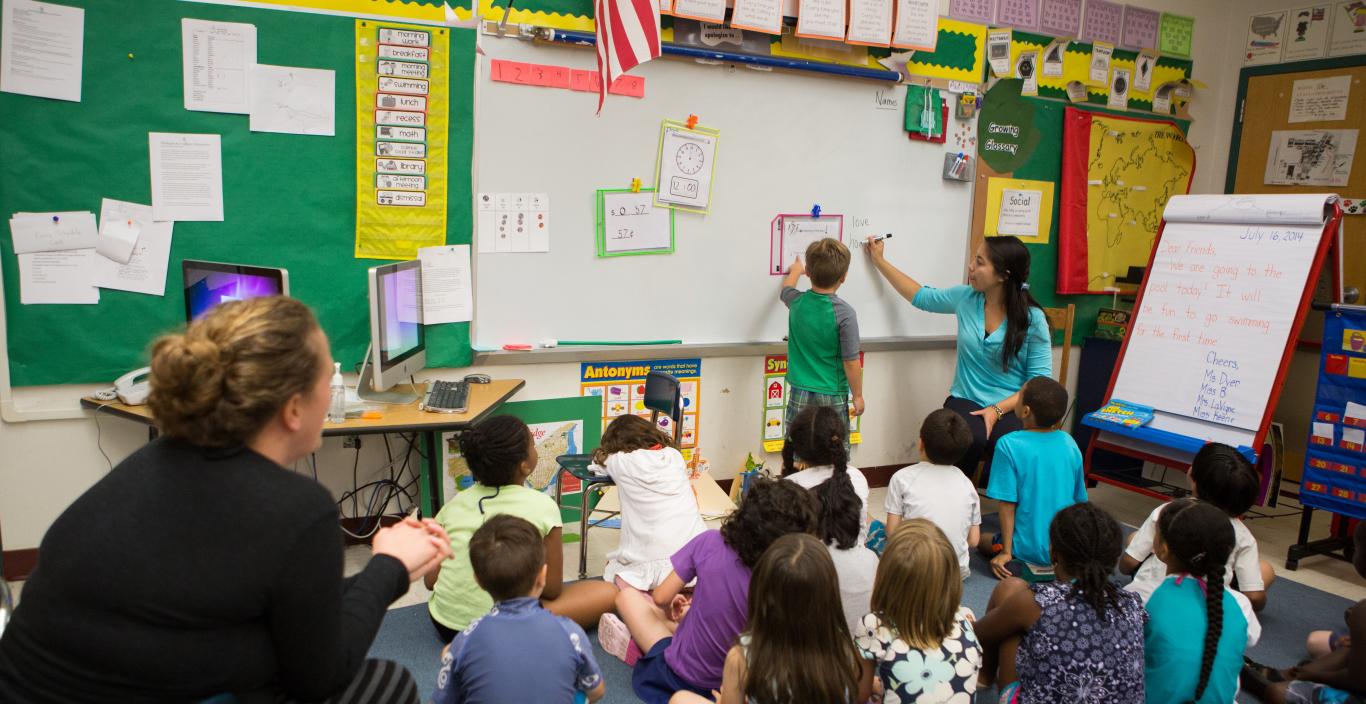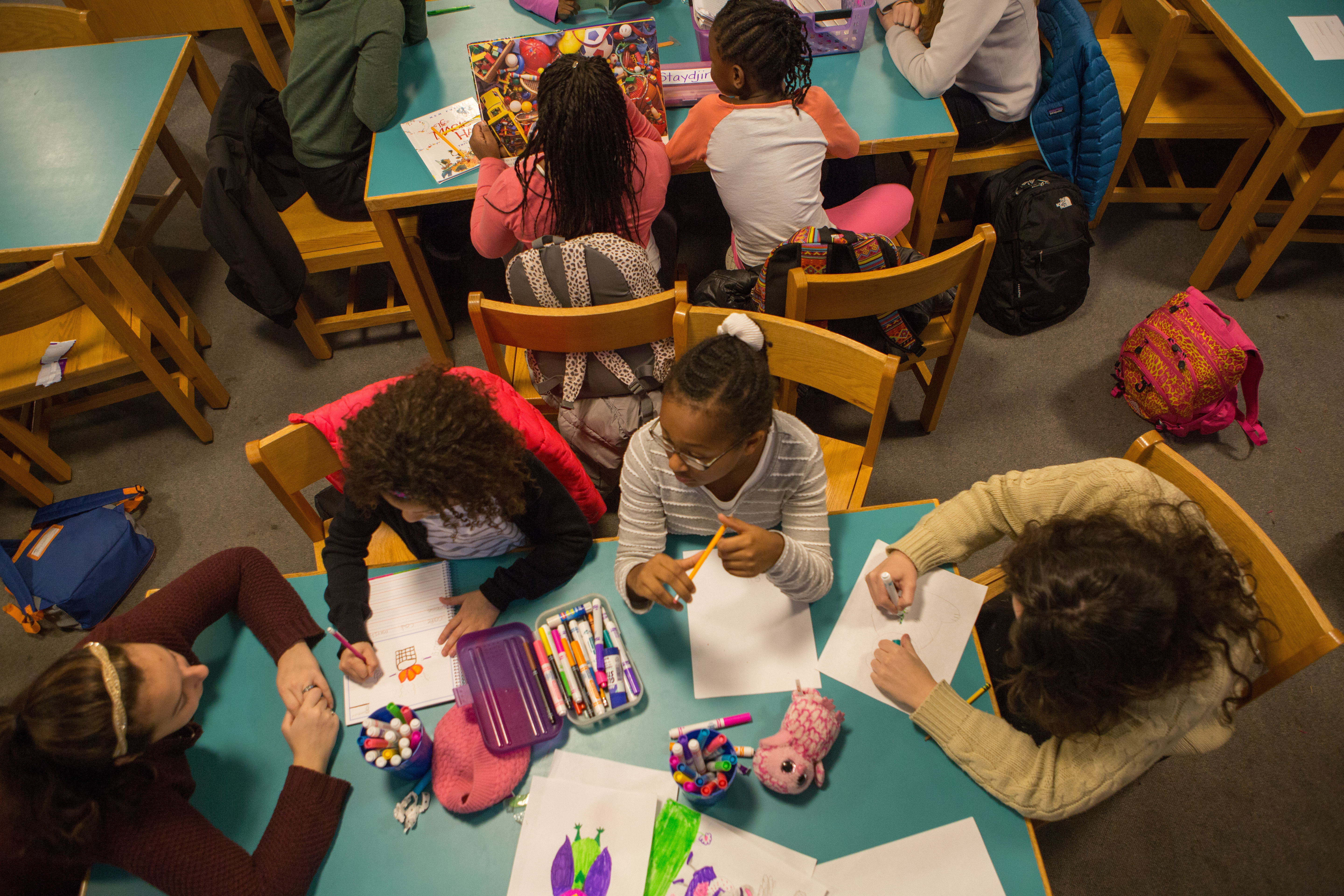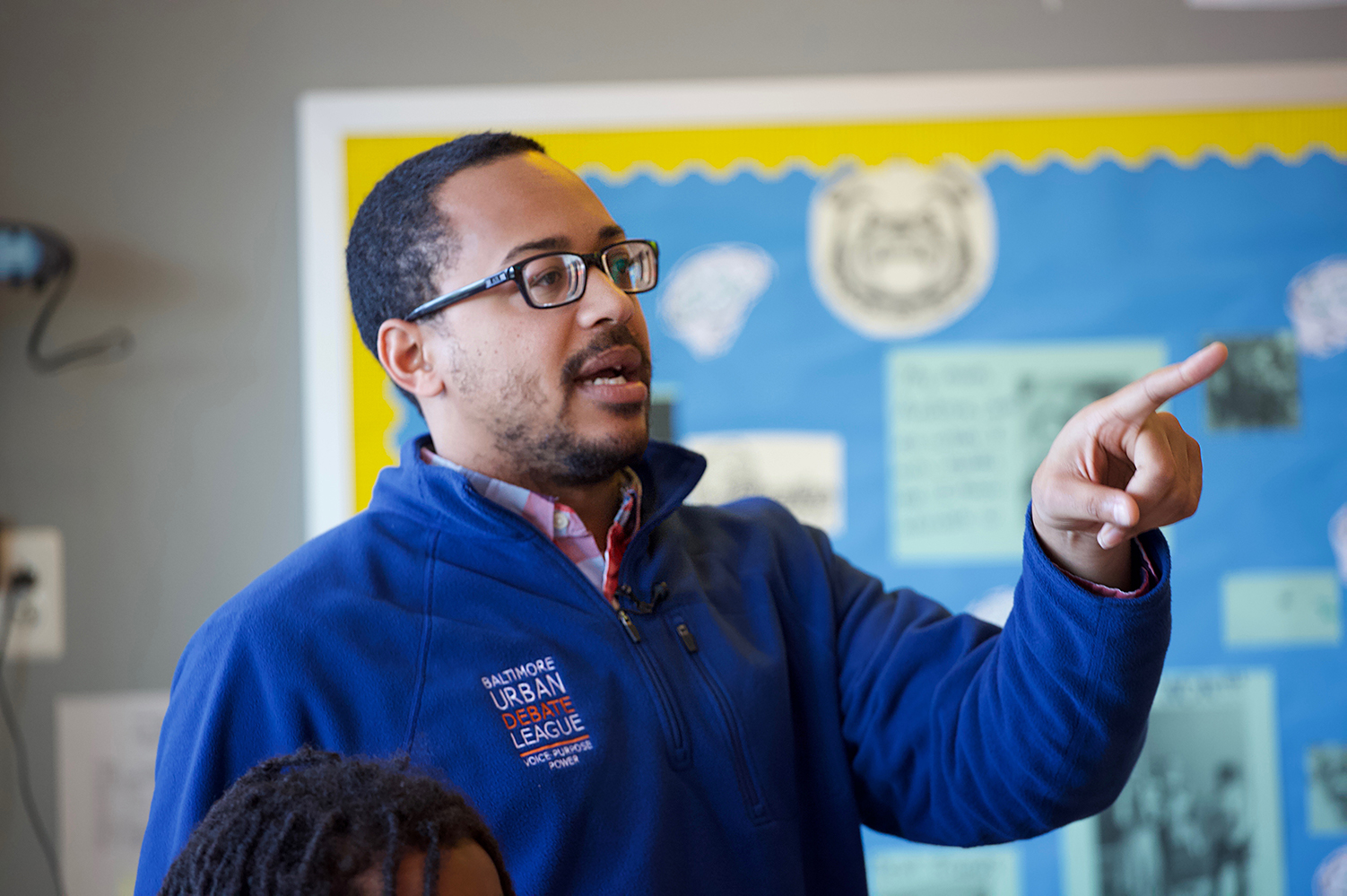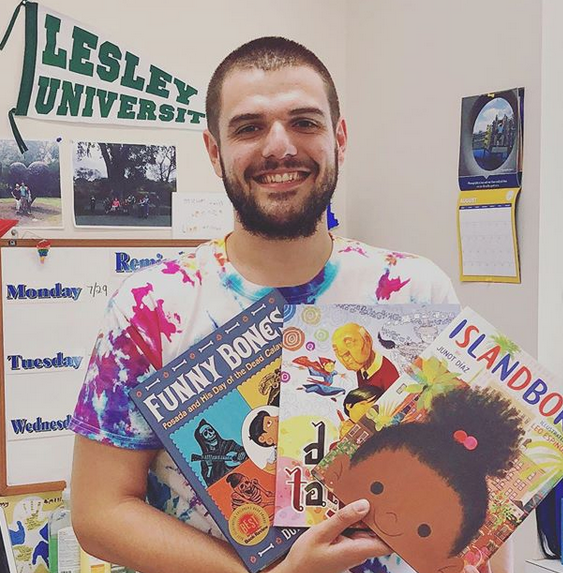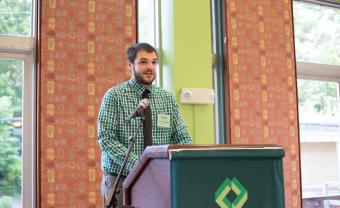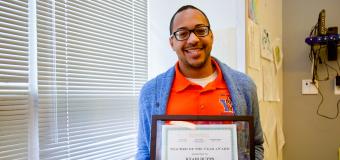Lesley experts
Heading back to school can be a stressful time — for the students, too! But we turned to a group of Lesley alumni and faculty with experience in the trenches of primary and secondary school and asked them about what it takes to gird for the new school year.
So, here are their recommendations of a few “classroom essentials” for 2019-20: some are tangible, some are philosophical but all are, well … essential.
Have a plan
“You need to have a plan,” says Glenda Colon ’08, principal, Connery Elementary School in Lynn, Mass. “Every moment in a classroom is valuable. Therefore, you need to plan for the success of your students, by planning for anticipated misconceptions.
“Plan for the areas that could potentially challenge a child, and prepare to follow that moment up with a question. If we don’t plan for these moments, we tend to allow another child to respond for the student facing a challenge, or we provide the instruction for them. When we have a plan for misconceptions, we give students the opportunity to struggle productively and have daily successes.
“Those are the moments we aim for; the moments when a person can persevere and overcome obstacles. It’s exciting and fulfilling for children to be challenged and to be successful.”
Have a dry-erase board
Joe Mageary ’06, a school adjustment counselor and Lesley assistant professor, has a tangible way of tapping into students’ creativity.
“In my work as a school adjustment counselor, I always made sure to have a small white board and a few different colored dry-erase markers next to my desk,” Mageary says. “Kids and teens, in my experience, are fountains of creativity. When working with creative minds to problem-solve or explore ideas, there is nothing like a literal blank canvas. We use the white board to make to-do lists and pro/con lists, we diagram our thoughts, we describe events visually … and sometimes we play tic-tac-toe.
“Taking a light-hearted break during serious conversations can be a helpful reminder that, whatever the problem is, there are still parts of us that have not been overtaken by it. Connecting to those parts can be tangible evidence that good things exist, even on bad days, and a pivotal first step in reclaiming other pieces of the student’s life from the problem.”
Have a phone number
Kyair Butts ’14, Baltimore Teacher of the Year and 6th grade ELA teacher at Waverly Elementary/Middle School, advises calling students’ parents right off the bat to forestall problems and win allies.
“The beginning of the school year is one of the most frantic yet exciting times for me,” Butts says. “I cannot begin my year without contacting parents before school starts.
“Establishing a rapport, a sense of community and shared values enables me to be the teacher that family deserves as we achieve a shared vision and shared goals.”
Have a healthy reading list
Students should be able to see themselves in the literature they choose or are assigned, indicates Robert Mitropoulos ’15, who teaches at the Cotting School in Lexington, Mass.
“Making sure you have a library of books that depict diverse characters and themes is important for every classroom,” Mitropoulos says.
Have an old picture
John “Mike” Pabian, assistant professor of elementary education, came to Lesley after 35 years of experience in public school teaching, coaching and administration. But, during student-teacher supervision recently, he encountered a “classroom essential” that hadn’t previously occurred to him: teachers sharing photos of themselves from their time as students.
“It seems to me that a photo of a teacher as a child serves two purposes: teachers become more authentic when kids begin to understand that their teachers were once students who laughed, cried, groused, hurt, forgot homework, and on some days just failed miserably at everything.
“And from the teacher standpoint, even those kids who are challenging are not intending to struggle, fail, misbehave and have everyone angry with them. A look back at bygone days gives both students and their teachers a very useful lesson on perspective — and that is no small accomplishment.”
